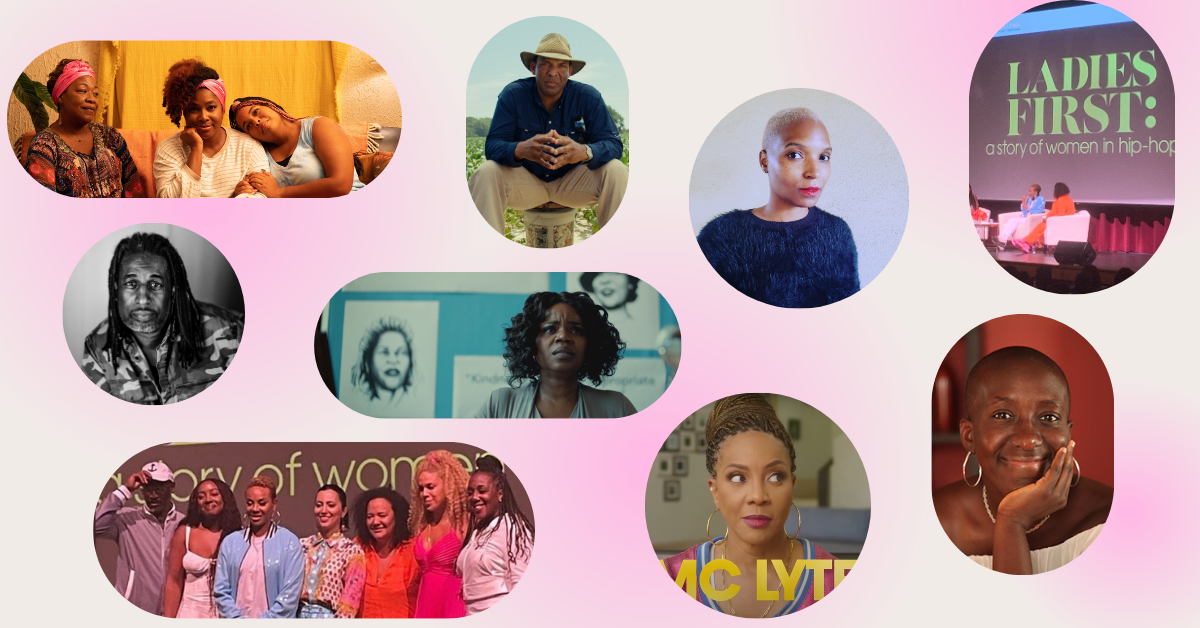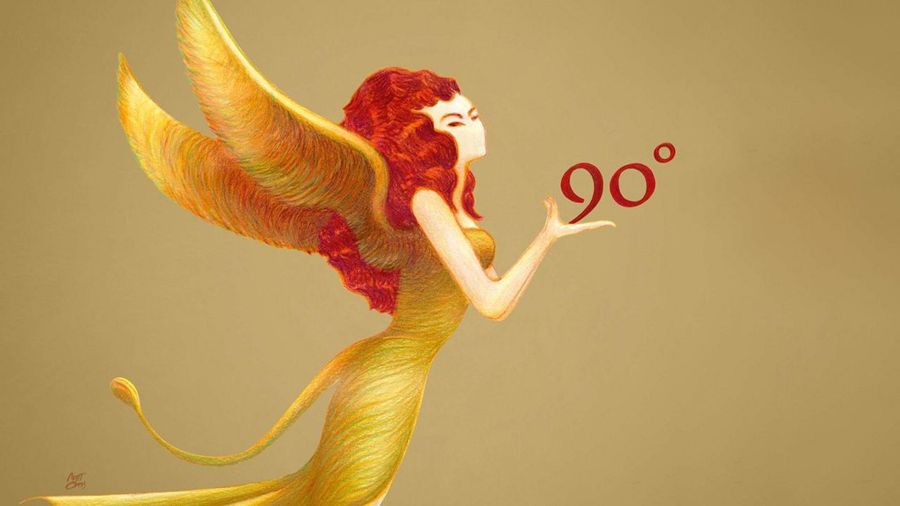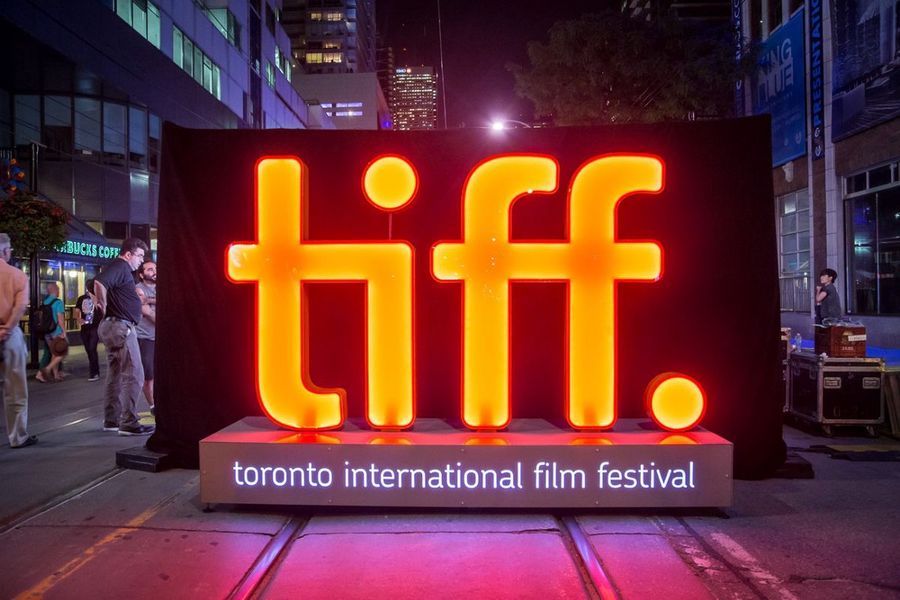For the 2nd year in a row, FREE THE WORK’s Community Manager Aja Wiley attended the Martha’s Vineyard African American Film Festival. Here’s what she saw, heard, and experienced on the scene!
Oak Bluffs, a northern town in Martha’s Vineyard, has been a haven to a thriving, Black community of artists, musicians, activists, entrepreneurs, and catalysts for change since the mid-20th century. Starting out as one of the only places where Black people could lodge in the summer on the island, Oak Bluffs has cultivated a rich culture steeped in Black excellence over the years. The culture and energy in Oak Bluffs make for a perfect location for a film festival dedicated to celebrating African Americans in cinema and TV. This year, Martha’s Vineyard African American Film Festival celebrated 21 years.
A space celebrating how multifaceted the Black community is through various films, tv shows, genres, stories, and themes, MVAAFF provides a hearty antidote amidst a space traditionally packed with members of the majority.

The festival kicked off with the Netflix docu-series Ladies First: A Story of Women in Hip-Hop. Prior to the screening, MC Lyte was in the house, warming the crowd up with a DJ set. This series paid homage to all the iconic women in hip-hop from the last 50 years. The series covered music and lyricism, fashion as a form of storytelling, political activism, and the beautiful sisterhood shared amongst so many Black women in hip-hop.
The screening closed out with MC Lyte (Executive Producer) in conversation with dream hampton (Director + Executive Producer) about the legacy and future of women in hip hop. When asked what their favorite era of hip-hop was, dream noted that she is excited about today’s hip-hop because women, specifically Black, queer women, have a safer space to define their narrative.
Following opening night was a reception where everyone mixed, mingled, and danced. The festival staff and founders dressed in outfits from the 80s and 90s, paying tribute to 50 years in hip-hop. Some notable outfits included tracksuits, oversized color block jackets, and bucket hats. 10/10.

On Saturday, there was a screening of Honor Student by Tamika Miller. Honor Student is an award-winning provocative thriller about Jeremy Chue – a picture-perfect teenager. He is talented, has the perfect grades, a well-off family, and attends a prestigious Washington, D.C. private school. At least, that is how he appears. After losing his twin brother in a mass shooting, Jeremy takes matters into his own hands, holds a teacher hostage, and proves America a lesson it will never forget.
This drama-thriller leaves the audience pondering various ethical dilemmas, tackling gun control and race issues. Both lead actors in this film had outstanding performances, with the audience on the edge of their seats.
Afterward, Tamika discussed wanting to make this film because of (unfortunately) how relevant this topic would remain for many years to come. She also spoke on how rare but great it felt to have full creative control over the film — everything from casting, music, and art direction was completely autonomous.
*Note: This film is seeking distribution, so check it out + support!

Sunday started off with a short film series, including Look Back At It. Writer, director, and founder of Honey Chile (an independent media and production company), Felicia Pride has made it her mission to carve out more space for Black women 40 years and older. This short is a comedy about a mother in her 40s trying to get her groove back in the dating world with the assistance of her daughter. The heartfelt and hilarious film felt like a love letter to intergenerational, familial bond amongst Black women and a nod at any Black woman looking to reconnect with their power in their middle age.

The festival went on to highlight Eternal Polk’s Gaining Ground: The Fight for Black Land. This film gives us a close look at Black farmers, land ownership, and the inequities within agriculture in the US. While the film touches on some harsh realities of racism and systemic inequality, it also shines a light on pathways to reclaiming agricultural legacy and building generational wealth within Black families.
As a Black creator navigating an industry with so much adversity, MVAAFF provided a welcoming space to tell our stories and be in the community with others facing similar challenges. This festival is living proof that our stories not only matter but deserve a platform to showcase the multifaceted experiences that make up who we are as storytellers.


